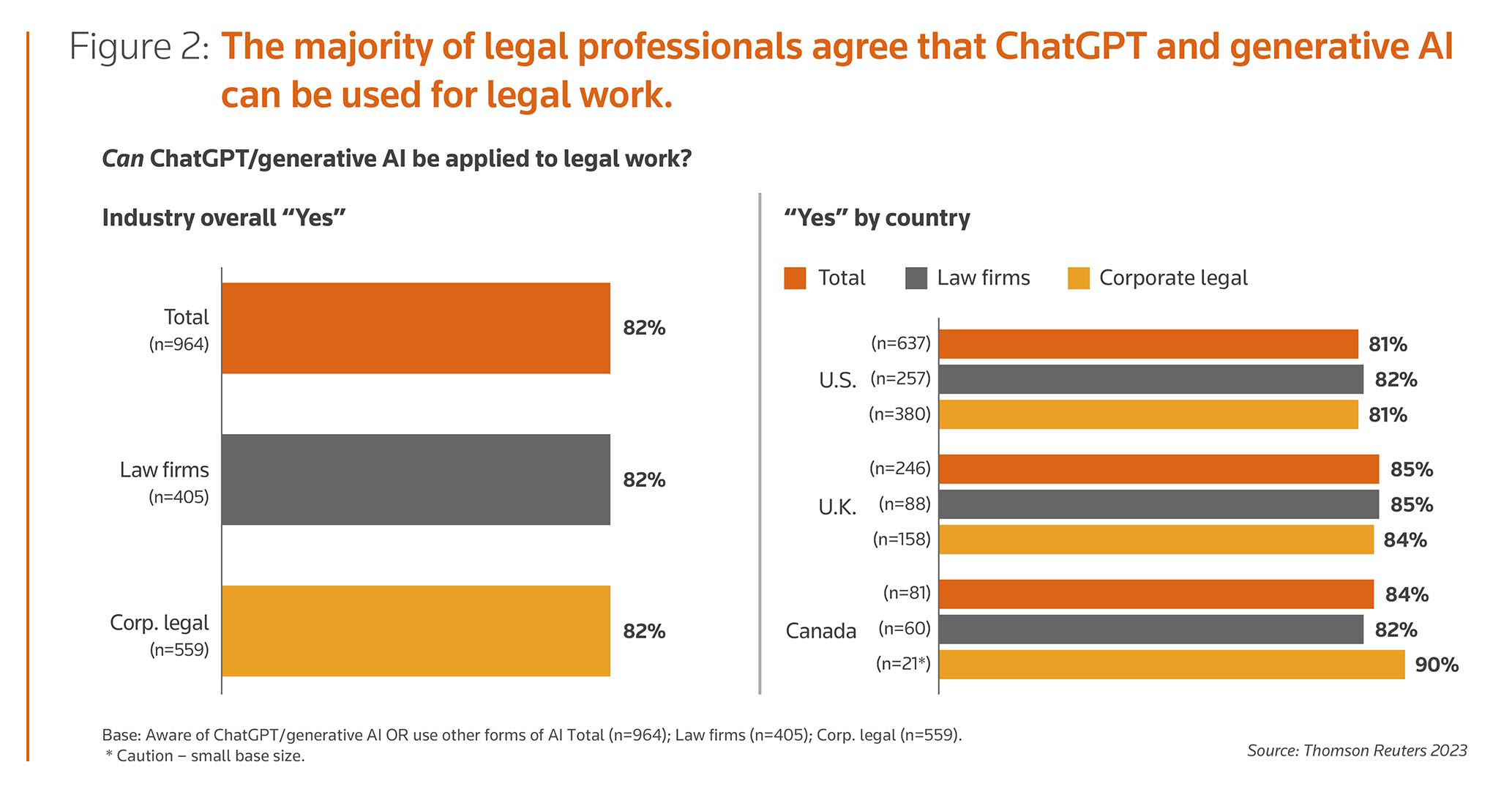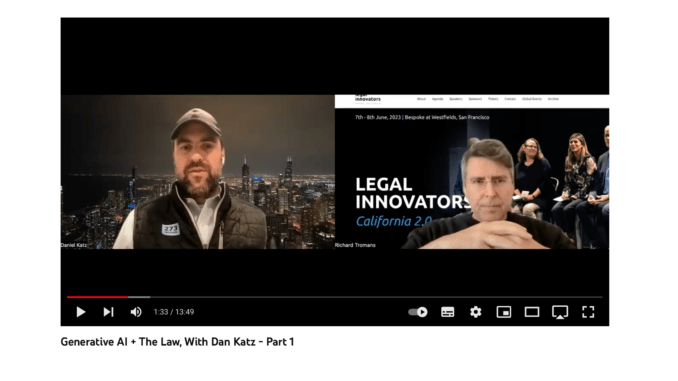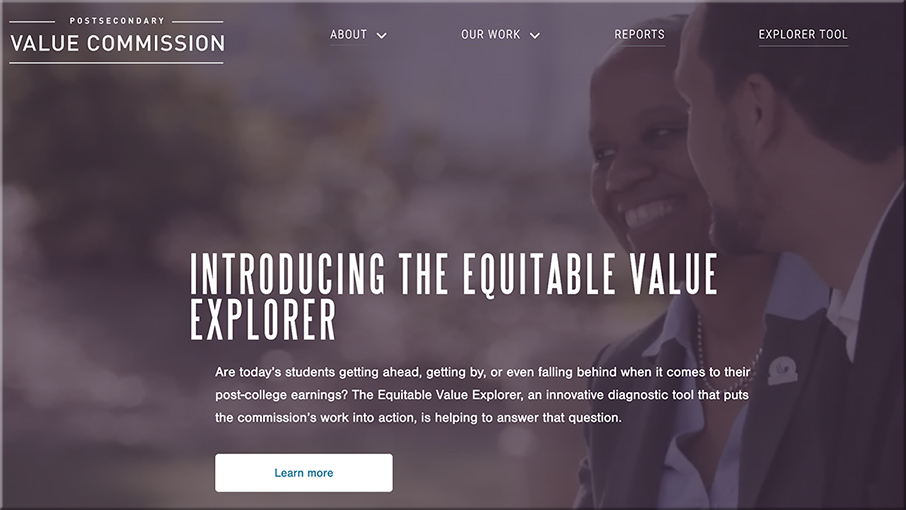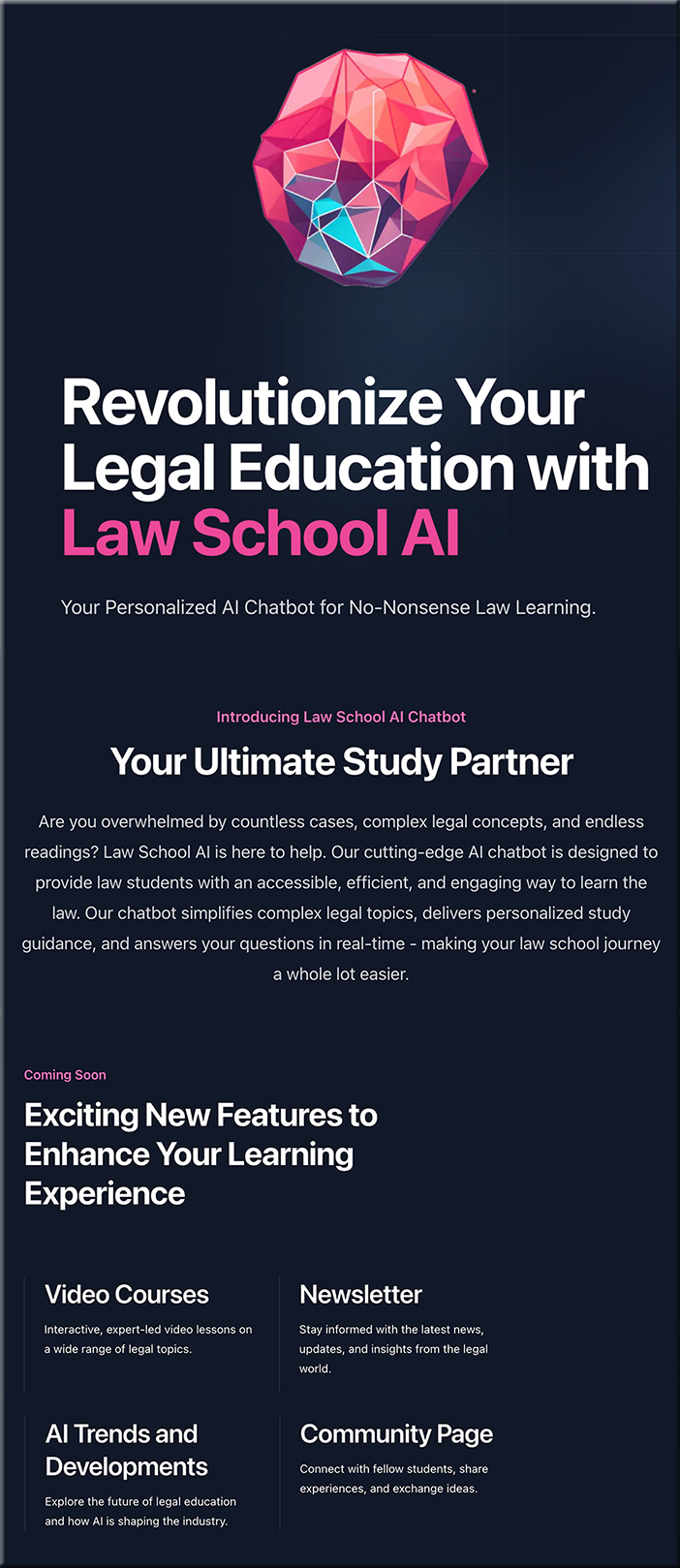The perils of consulting an Electric Monk — from jordanfurlong.substack.com by Jordan Furlong
Don’t blame ChatGPT for the infamous incident of the made-up cases. And don’t be too hard on the lawyer, either. We’re all susceptible to a machine that tells us exactly what we want to hear.
Excerpt:
But then the “ChatGPT Lawyer” story happened, and all hell broke loose on LawTwitter and LawLinkedIn, and I felt I needed to make three points, one of which involves an extra-terrestrial robot.
My first two points are pretty straightforward:
- The tsunami of gleeful overreaction from lawyers on social media, urging bans on the use of ChatGPT and predicting prison time for the hapless practitioner, speaks not only to their fear and loathing of generative AI, but also to their desperate hope that it’s all really nothing but hype and won’t disturb their happy status quo. Good luck with that.
- The condemnation and mockery of the lawyer himself, who made a bad mistake but who’s been buried by an utterly disproportionate avalanche of derision, speaks to the lack of compassion in this profession, whose members should pray that their worst day as a lawyer never makes it to the front page of The New York Times. There but for the grace of God.
Are you looking for evidence to support the side that’s hired you? Or are you looking for the truth? Choosing the first option has never been easier. It’s also never been more dangerous.
As referenced topic-wise by Jordan above, also see:
A lawyer used ChatGPT to prepare a court filing. It went horribly awry. — from cbsnews.com by Megan Cerullo
What I learned at CLOC 2023 — from alexofftherecord.com by Alex Su
This week I attended the premier legal operations conference. Here’s what I heard.
Excerpt:
Theme 1: Generative AI isn’t going anywhere
This was a huge theme throughout the conference. Whether it was vendors announcing GPT integrations, or panels discussing how to use AI, there was just an enormous amount of attention on generative AI. I’m certainly no stranger to all this hype, but I’d always wondered if it was all from my Silicon Valley bubble. It wasn’t.
What was driving all this interest in AI? Well, the ubiquity of ChatGPT. Everyone’s talking about it and trying to figure out how to incorporate it into the business. And not just in the U.S. It’s a worldwide trend. Word on the street is that it’s a CEO-level priority. Everywhere. So naturally it trickles down to the legal department.
We need to talk about ChatGPT — from mnbar.org by Damien Riehl
Excerpt:
How well do LLMs perform on legal tasks?
Personal experience and anecdotal evidence indicate that LLMs’ current state provides impressive output in various legal tasks. Specifically, they provide extraordinary results on the following:
- Drafting counterarguments.
- Exploring client fact inquiries (e.g., “How did you lose money?”).
- Ideating voir dire questions (and rating responses).
- Summarizing statutes.
- Calculating works’ copyright expiration.
- Drafting privacy playbooks.
- Drafting motions to dismiss.
- Responding to cease-and-desist letters.
- Crafting decision trees.
- Creating chronologies.
- Drafting contracts.
- Extracting key elements from depositions.


















